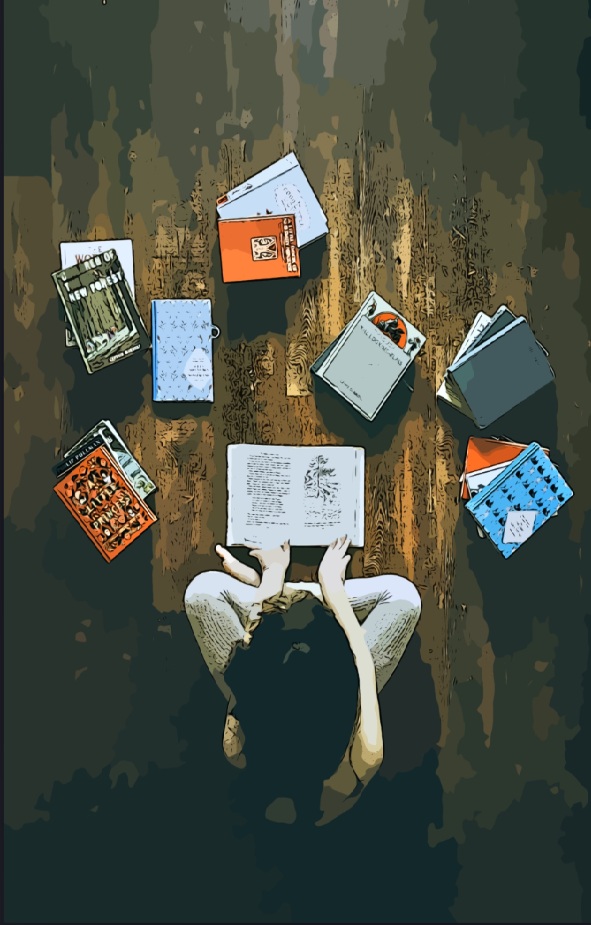Enhancing Social & Emotional Development in Young People using Stories

Developmental Bibliotherapy
Using Young Adult Literature to Mitigate the Disruption caused by Mental Illness
Learn More…
Related posts
Narratives in Neuroscience
Examine the role of narratives in neuroscience through a different lens – that of the reader – to gain a new perspective on the impact of reading for pleasure revealed by 21stcentury neuroscience
Watch ASLA 2025 (Vimeo)
ASLA Presentation as PDF
ASLA Presentation References
Learn More…
The Research Project
Cli-Fi &
Eco-Anxiety
Connecting Reading & Wellbeing
Read4Life Posts…
What’s special about stories? Click here to read the latest posts…
Youtube links Developmental Bibliotherapy
CliFi & EcoAnxiety
Developmental Bibliotherapy on Prezi

Narratives in Neuroscience:
How 21st century neuroscience is revealing
the impact and importance of stories
A librarian’s perspective